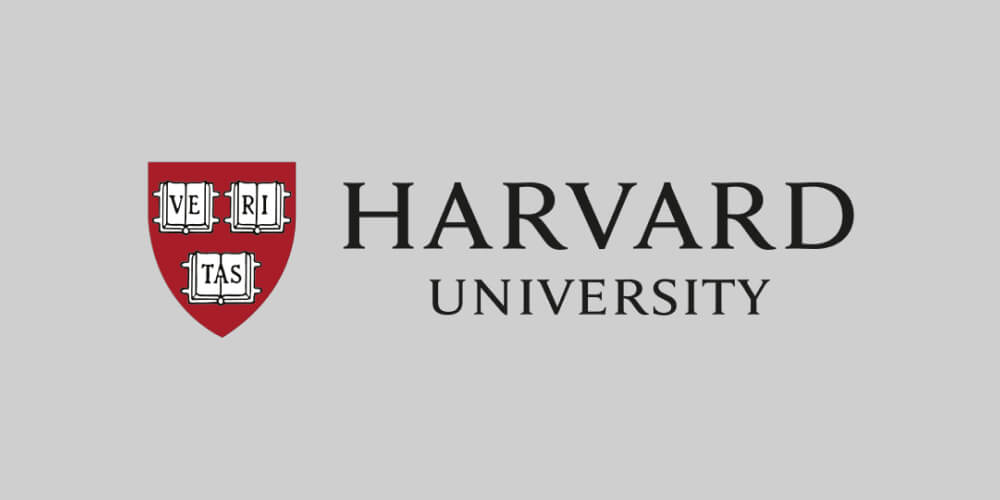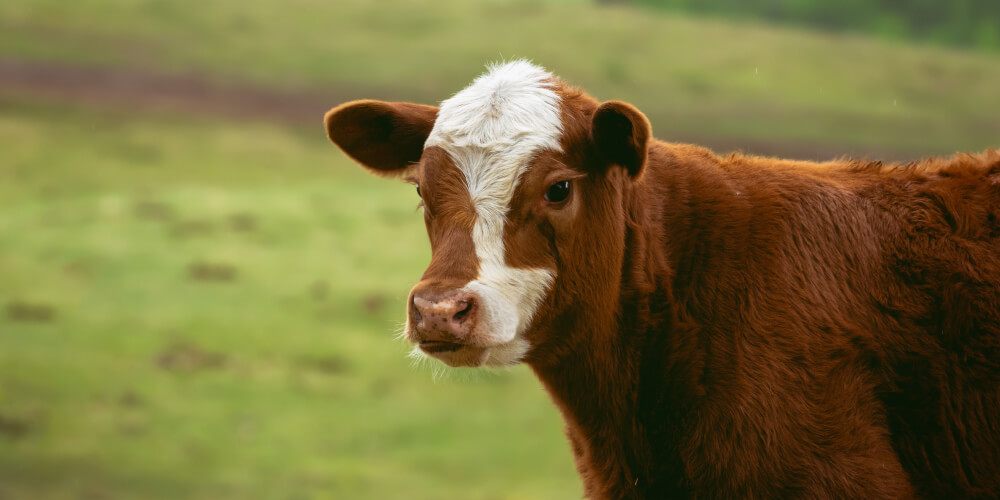Our Impact

2006
Eating Animals
Jonathan Safran Foer and Farm Forward CEO Aaron Gross begin collaborating on the book that will become Eating Animals. Published in 2009, the New York Times bestseller is reviewed in USA Today, the Wall Street Journal, The New Yorker, and The Guardian, selling more than 500,000 copies worldwide. In 2018, the documentary film Eating Animals—inspired by the book and narrated by Natalie Portman—is released to widespread acclaim. Farm Forward put in hundreds of hours to make the film possible, introduced the film’s director to farmers and activists, assisted with fundraising, contributed to the research and writing, and provided direct financial support in the form of a loan. The documentary is now available for streaming, and both the book and the film continue to be important cultural touchstones. Eating Animals plays a key role in our annual Virtual Visit program, which has brought Jonathan Safran Foer and other speakers into the classrooms of more than twenty thousand high school and college students since 2012.

2008
Global Animal Partnership
Farm Forward is a founding board member of Global Animal Partnership (GAP), the nation’s largest animal welfare certification, now with more than 400 million animals and more than four thousand farms in its system. We help to write the original GAP standards, believing GAP has unique promise as a multi-tiered program to incentivize producers to continuously improve welfare on farms. During our tenure on the board we make poultry genetics a central welfare issue, resulting in a landmark announcement in 2016 to phase out the fastest growing chickens. In 2020, after more than a decade on the board, Farm Forward resigns in protest. Though GAP entry level standards minimally improve welfare over the worst factory farming conditions, GAP fails to live up to its original mission to ensure continuous improvement, and instead now contributes to the growing humanewashing crisis.

2015
Leadership Circle
Farm Forward develops the Leadership Circle—a food purchasing program leveraging the power of universities, businesses, civic and religious institutions to change how animals are raised, by sourcing higher welfare and more plant-based products. The first member is UC Berkeley, which serves meals to more than 30,000 students annually. Now 19 large institutions—including Harvard Business School, Harvest Table Culinary Group, and Bon Appétit Management Company—are members of the Leadership Circle, each committed to serve “less and better” animal products.

2016
Good Food Purchasing Program
Farm Forward leads the development of the Good Food Purchasing Policy’s (GFPP’s) animal welfare standards for municipalities and public school systems. GFPP institutions commit to purchase higher welfare animal products and are incentivized to reduce meat consumption. In the years that follow, Farm Forward helps to ensure GFPP’s adoption and implementation in locales across the country.

2016
JIFA
The Jewish Initiative for Animals (JIFA) launches as the centerpiece of Farm Forward’s religious outreach. In 2016 JIFA revives non-factory farmed kosher heritage chickens, trains educators, and designs the animal welfare audit section of a LEED-style certification. JIFA goes on to place dozens of articles in leading Jewish publications, enlist hundreds of rabbis in the fight against humanewashing, consult to the largest Jewish organizations in the country, and form the JIFA Leadership Circle to leverage the buying power of institutions—synagogues, Hillels, camps, JCCs, schools, food service and catering companies—to align supply chains with institutional values, and change the way animals are raised for food.

2017
Better Food Foundation
Farm Forward spins off the nonprofit Better Food Foundation (BFF), which advocates for plant-based foods to eliminate the suffering of farmed animals. BFF and Farm Forward collaborate to develop DefaultVeg and Greener by Default, which lead institutions such as New York City hospitals to shift their default menus to plant-based.

2019
Egg Technology
We announce that our 2014 campaign targeting the food company Unilever—which led to Unilever committing to new plant-based products—has contributed to the adoption of a new in-ovo sexing technology, which allows egg producers to determine the sex of an egg long before it hatches, sparing millions of male chicks from being macerated or gassed shortly after they hatch.

2019
Harvard University
Harvard University releases its Sustainable and Healthful Food Standards, which charge all of Harvard’s schools and major food vendors to work with Farm Forward to prioritize the purchase of “less and better” animal products: reducing their animal product consumption while shifting to higher welfare for the animal products they continue to serve. Harvard Business School is the first Harvard school to partner with Farm Forward’s Leadership Circle, which helps universities and foodservice providers align their supply chains with their values by providing a comprehensive set of tools and free hands-on consulting. To date, Farm Forward has supported dozens of institutions with their sourcing policies.

2020
Pandemics & Factory Farming Campaign
Farm Forward CEO Dr. Aaron Gross and board member Jonathan Safran Foer write three op-eds about pandemics and factory farming published by The Guardian, the Washington Post, and the New York Times. Our new factory farming & pandemics video reaches more than three million people in 2020 and is translated into seven languages with vital information largely missing from mainstream coverage of the pandemic, and our blogs on hybrid genetics and the poultry industry are cited in the New York Times and The Intercept. In May alone, our pandemic-related content reaches nearly one million people across our social media platforms.

2020
Strategic Guidance for Funders
We consult with two leading foundations to help create a new grant program for farmed animal welfare and to expand an existing grant program into underfunded strategies in farmed animal protection. As a result of our consulting, millions of new dollars go to underrepresented strategies within the farmed animal protection movement. Our consulting team also publishes two extensive reports, aimed at informing the work of farmed animal funders and advocates. The first report analyzes 16 strategies of the farmed animal protection movement. The second report focuses on opportunities to advance farmed animal welfare in the regenerative agriculture movement.

2021
Humanewashing
Humanewashing includes any effort to market animal products to conscientious consumers through deceptive packaging and labeling, promoting the illusion of animal well-being while concealing the extent of animals’ illness and suffering. Our report “The Dirt on Humanewashing” is the first major report exposing the pervasive use of deceptive marketing and “humane” labels by the meat industry to undermine efforts to improve conditions for farmed animals. Our report serves as the basis of the first major media coverage on the topic and use of the term humanewashing in Civil Eats, Vox, and the New York Times. In 2021 grocery chain Giant Eagle drops the humanewashing “One Health Certified” label thanks to a coalition of more than 50 groups representing the public health, animal welfare, and consumer protection sectors, which Farm Forward organizes.

2022
Antibiotics Investigation & Litigation
In meat purchased from Whole Foods store shelves—marketed as “no antibiotics, ever”—a Farm Forward investigation finds residue of a growth-promoting antibiotic and other drugs. Our findings are bolstered by a peer-reviewed study published in Science that presents empirical evidence that up to 22 percent of cattle within the Global Animal Partnership Animal Welfare Certified™ program, which is used by Whole Foods, have come from feedlots where testing suggests antibiotics were routinely administered. Consumers increasingly recognize that industrial animal farms commonly use antibiotics to promote growth and keep sick animals alive in filthy conditions. We join a consumer class action lawsuit against Whole Foods, alleging that the retail giant is deceiving shoppers about beef products in its stores.